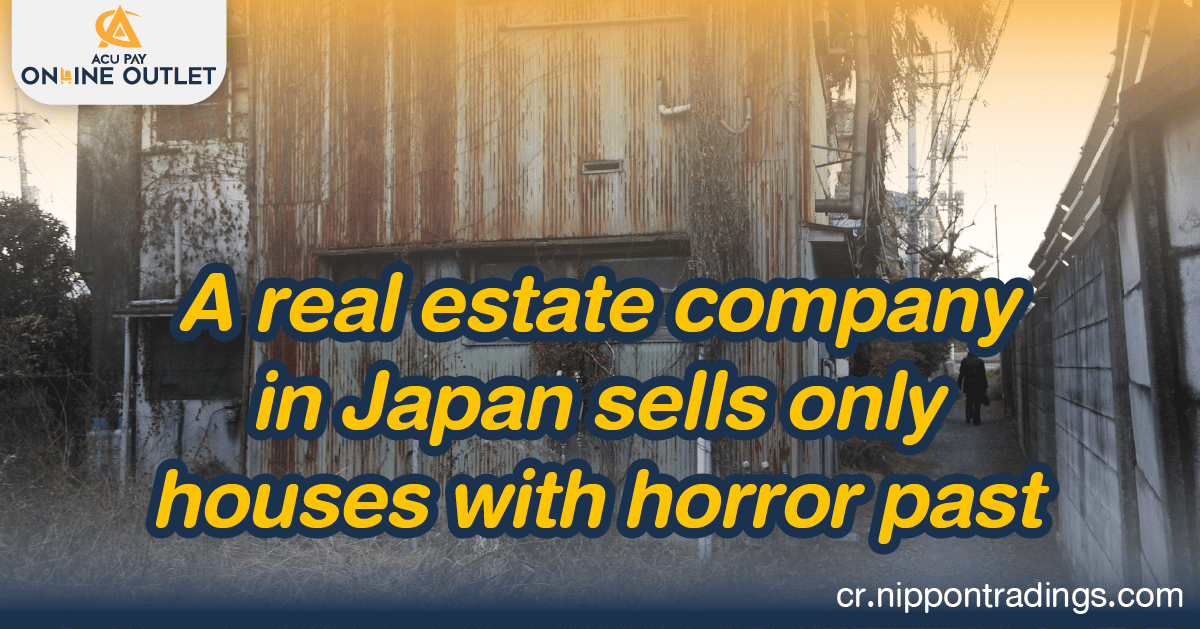

Jiko Bukken: 事故物件 means “Property that cause danger to mind” It generally refers to a room, an apartment, which looks like it has nothing wrong, but there’s actually a history of deaths, murders, or violent incidents that make residents in the place cannot live normally happily like a regular room. However, there are many times that Jiko Buken can happen for other reasons such as houses with a history of fire, houses that used to be a criminal base, or places with negative reputations.
Under Japanese law, brokers are required to provide the tenant with Jiko Bukken information to make a decision. Japanese people are not used to living in second-hand houses or houses where people die because they believe there will be spirits in the houses. Jiko Bukken is like defective houses, so they can’t be sold at a good price, but leaving those houses alone is a waste of resources, especially if it’s in a good location. To make people buy or rent, they must create incentives in price.
Homes with these histories have led to the real estate business. One of them is Jobutsu Estate, a Japanese real estate company famous for selling and leasing properties of Jiko Bukken. Over the years, the company has renovated and repaired many of these types of houses.
Main customers of this kind of houses are the young generation who are building up a fortune and want to reduce their rent by finding affordable rental housing with little or no fear of homes with a history of restless deaths. As well as elderly people looking for housing at the end of life and an increasing number of foreigners working in Japan. Jiko Bukken houses can save up to 15 – 30 percent on average. The worse things used to happen, the lower the rent.
The number of “Jiาo Bukken” is likely to increase and the increase in Jiko Bukken itself is a reflection of the society of Japanese people who often cut themselves off from society, losing contact with others till they die alone in the house. In addition, their birth rate is decreasing, but the elderly rate is increasing, and more than half have to live alone in lonely homes.